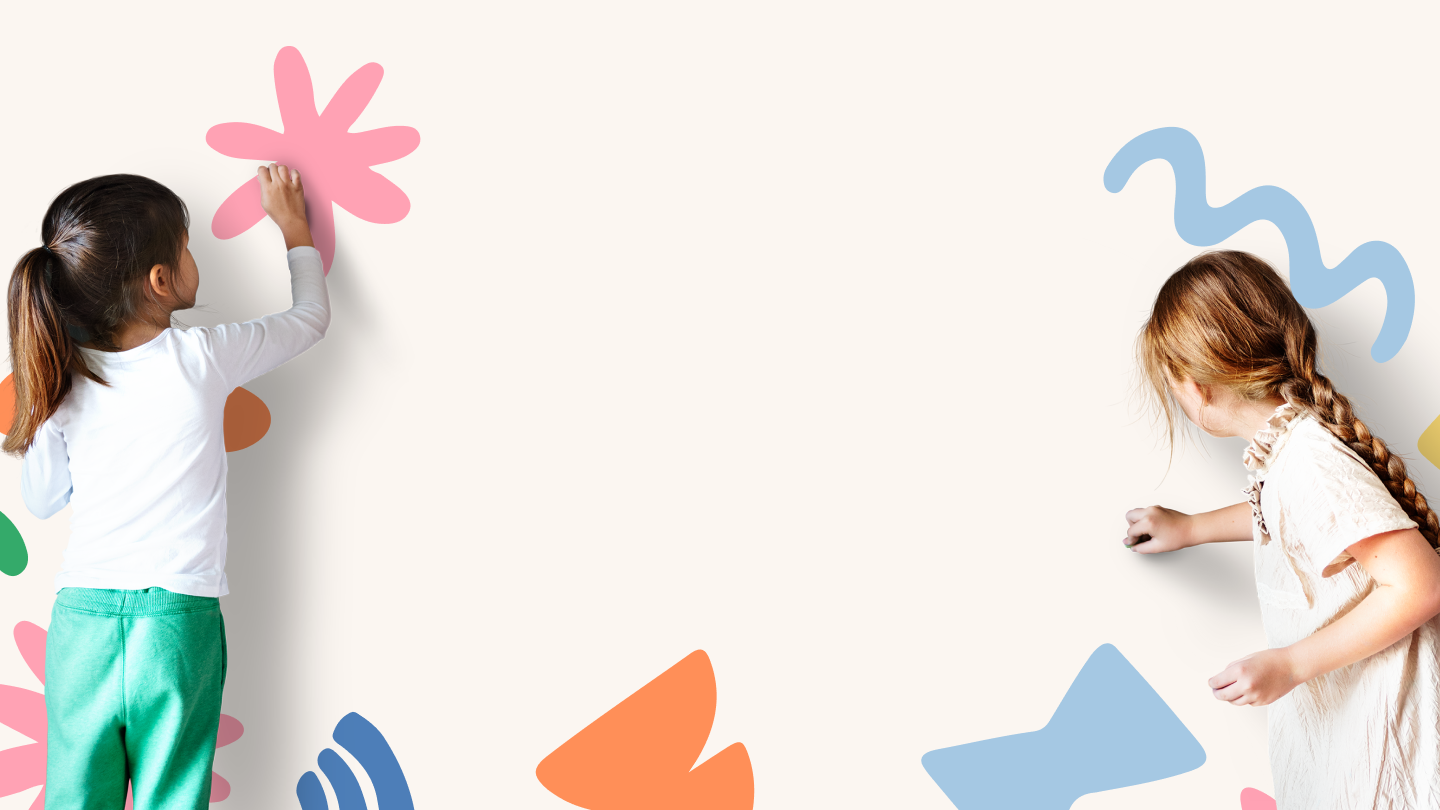
Unlock the Power of
Play
with
Play Therapy
today
Nurturing Emotional
Growth
for
Children
& Their
Families
Play Therapy gently supports children and their families, walking alongside them through a range of challenges while nurturing emotional growth and overall well-being.

Meet our
Play
Therapists
Get to know the caring professionals dedicated to helping your child grow and thrive.
Harriet Cousins-Palmer
Masters of Child Play Therapy, Bachelor of Education: Early Childhood
Jodie Cousins
Masters of Child Play Therapy, Bachelor of Social Science Psychology, Diploma of Clinical Hypnotherapy
Tamy Craddock
Masters of Child Play Therapy, Hand in Hand Instructor certification, Place2BE: Level 2 Award.
Play Therapy can assist for
Families
Humanistic Therapy
Filial Therapy
Learn to Play
Group Therapy
School Readiness
Children
Online Training
Classroom Resources and Support
Educators
What is Play Therapy
About My Therapist
Play Therapy can assist with
Emotional Well-Being
Struggle with anxiety, sadness, or excessive worries.
Seek to bolster self-esteem and confidence.
Grapple with managing intense emotions in a healthy manner.
Social Relationships
Confront issues like bullying or challenges in forming friendships.
Aim to strengthen bonds with peers, siblings, and caregivers.
Life & Daily Functioning
Experience disruptions in sleeping, eating, or toileting habits.
Navigate significant life changes such as parental separation/divorce or bereavement.
Have encountered trauma or distressing experiences.

Harriet is amazing! Her warmth and expertise made our son, Leo, feel safe and confident. Through play, she helped him express himself and build resilience. We’re so grateful for her support!” —

Ready to support
your child’s growth?
Explore our Play Therapy fees and services, and register your interest for 2025 today!
Register Now!
Register Now!

Everything You Want to Know About Play Therapy
-
Play Therapy is a developmentally appropriate way of supporting children through play—their natural form of expression. Using toys, creative materials, and storytelling, children can explore feelings, process experiences, and learn new skills in a safe and supportive environment. Play Therapy is an evidence-based practice, particularly effective for children under 8, and is facilitated by trained professionals who understand both child development and the therapeutic powers of play.
-
Play Therapy can be helpful if your child:
Struggles with big emotions such as anxiety, anger, or sadness
Has experienced a difficult life event (e.g., parental separation, grief, trauma, illness)
Shows challenges in social skills, confidence, or self-esteem
Finds it hard to express themselves with words
Demonstrates behaviour that impacts home, school, or friendships
If you notice these signs, Play Therapy may give your child the tools and support they need.
-
Each session is led by the child. They choose from a range of toys and play materials designed to help them express themselves—such as art, role-play, sand tray, or games. The therapist carefully observes and joins the child in play, supporting emotional expression, building coping skills, and strengthening resilience. Sessions are confidential and provide a safe, consistent space for children to work through their challenges.
-
Sessions generally run for 50 minutes. This gives children enough time to settle into play, explore, and finish in a calm and contained way.
-
Consistency is important for therapy to be effective. Most children benefit from weekly sessions, especially at the beginning, so they can build trust and security with the therapist. As progress is made, sessions may be reduced depending on your child’s needs and goals.
Choosing the right support for your child can be overwhelming. Here, we answer common questions about Play Therapy—how it works, what to expect, and how to get started.
Still have questions?
Feel free to reach out — we’re here to help you and your child every step of the way.





















